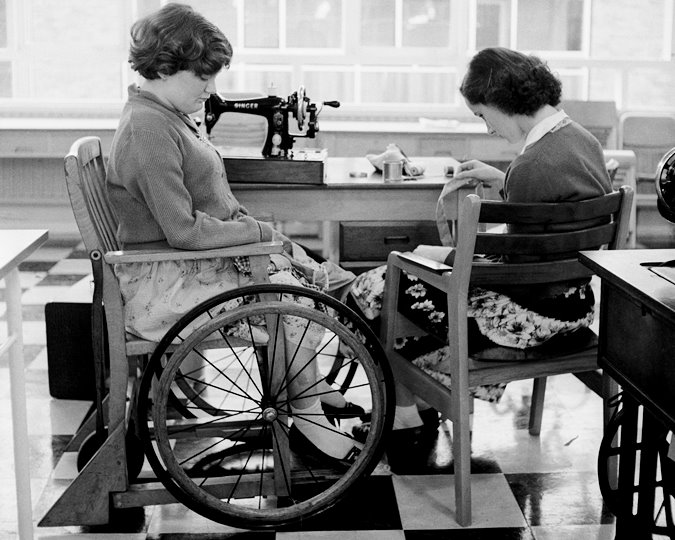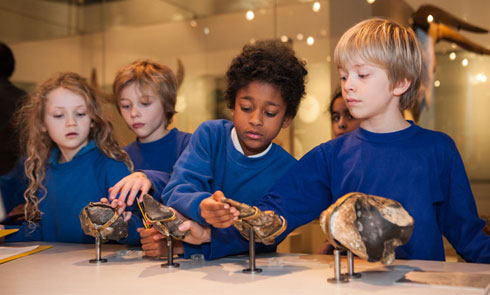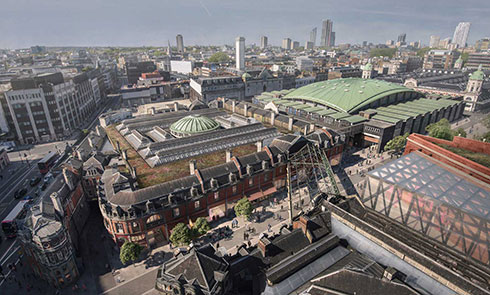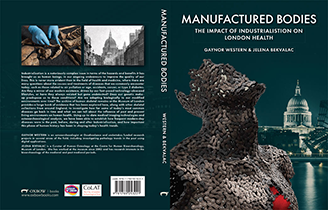Cancer: The future
Although we are currently undergoing something of a cancer epidemic, with one in two people now expected to get cancer, cancer treatments are being developed rapidly.
So although cancer rates have been going up quite quickly, mortality rates from cancer are also declining fast. In fact, cancer death rates have fallen by about 15% over the past 10 years in the UK. We also know from a European wide study that rates of cancer survivorship are significantly higher where increased financial investment has been made in health services. Cancer remains a serious disease but the outlook is an optimistic one.
This is especially true in London, where funding from the Oak Foundation, in addition to fundraising by the public, is allowing the Royal Marsden Hospital to build a new state-of-the-art cancer centre. The Oak Cancer Centre is due to open in 2022 in Sutton (Outer London), and by bringing together world-leading experts, aims to provide clinical trials of the newest forms of cancer therapy, speeding up research breakthroughs and expanding their diagnostic services to save even more lives.
Royal Marsden Hospital - new cancer unit video
Cancer Research UK (CRUK) have structured their future research scheme based on four key areas: prevent, diagnose, treat and optimise. They want to see cancer being diagnosed at a much earlier stage to significantly increase chances of full recovery, aiming to employ new technologies based on genomic, proteomic and other biomarkers of cancer to achieve this.
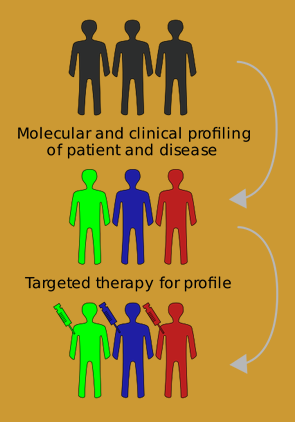
New treatments research focus of research by Cancer Research UK (CRUK)
New treatments are a continual area of focus in the research undertaken by CRUK, including immunotherapy, molecularly targeted therapies and biotherapeutic approaches including antibodies and viruses. More traditional therapies are also evolving, including the new Stereotactic Ablative Radiotherapy and image-guidance techniques.
They also aim to optimise these treatments in future so that the individual nature of each cancer and its unique effects on each person are taken into account when deciding which therapies to use. Using genetic sequencing and molecular imaging, the ‘fingerprint’ of each individual’s cancer can be ascertained, so that personalised treatments can be tailored to ensure the best outcome.

Fund raising campaign initiative by The Royal Marsden Cancer Charity
One of the reasons new therapies treating cancer are so important is that the causation of over 40% of all cancers are attributed to lifestyle and environmental factors. Many of these factors are on the rise and are closely associated with living in industrialised urban environments. As part of a prevention strategy, CRUK believes that addressing factors such as tobacco, diet, obesity, alcohol and occupation through public health policy changes is crucial to reducing cancer cases.




